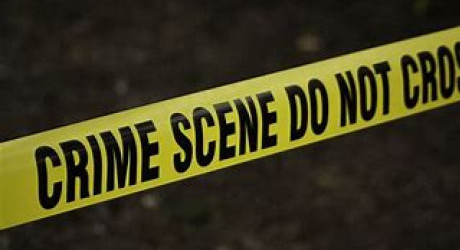Haitian President Rene Preval has warned that it will be unwise to replace him with a transitional government if the country's election crisis is not sorted out before his mandate expires on February 7.
President Preval's comments, which come in the wake of disputed presidential elections, raise the possibility that he may seek an emergency three-month extension to his mandate.
That course was mooted by his government earlier this year.
Last month's chaotic first round was carried out amid widespread allegations of fraud and the disenfranchisement of thousands of people.
He has delayed publication of the final results until an international probe has been carried out.
On Thursday, he urged the candidates to follow legal procedures and not to stir up violence.
Mobs lynching voodoo priests over cholera fears
Meanwhile, Voodoo priests in Haiti are being lynched by mobs who blame them for spreading cholera.
The Government says at least 45 people have been lynched in recent weeks as Haiti continues to be ravaged by a cholera epidemic.
Moise Fritz Evens, Haiti's Communications Minister has made an appeal for the lynchings to end and called for a campaign to ensure people understand how cholera is spread.
More than 2,500 Haitians have died from the water-borne disease since October.
Another 121,000 people have been treated for symptoms of cholera, with at least 63,500 admitted to hospital, figures show.
The outbreak has also prompted angry protests aimed at the United Nations, whose Nepalese peacekeepers have been suspected of introducing cholera to Haiti.
UN Secretary General Ban Ki-moon has announced an investigation into the reports, although the UN initially denied the suggestion.
Blame game
Although many Haitians still practise voodoo or use aspects of voodoo in their religious worship, the latest violence erupted out of fears the traditional priests were using their powers to spread the infection.
Officials counted 40 people killed - mostly voodoo priests - killed in one region of Haiti, the AFP news agency reported, with five others killed elsewhere.
"The victims... were stoned or hacked with machetes before being burned in the streets," said Mrs. Fritz Evens.
She said she abhorred the killings and insisted that the answer was to improve general education about how cholera is transmitted.
"Voodoo practitioners have nothing to do with the cholera epidemic. We must press for an awareness campaign about the disease in the communities."
A highly prominent voodoo leader, Max Beauvoir, told Reuters news agency that police were not doing enough to stop the violence.
"Since the earthquake some people have been blaming us, saying that we cast spells and did evil things which brought the earthquake as a punishment," he said.
Haiti's cholera epidemic has provoked widespread fear across the country.
Anger spread when suspicions emerged that the Nepalese UN peacekeepers could have brought the disease to Haiti - where it is extremely rare - from their country, where it is endemic.
Poor sanitary conditions in much of quake-hit Haiti have contributed to the rapid spread of the disease, which causes diarrhoea and vomiting.









 All feeds
All feeds







